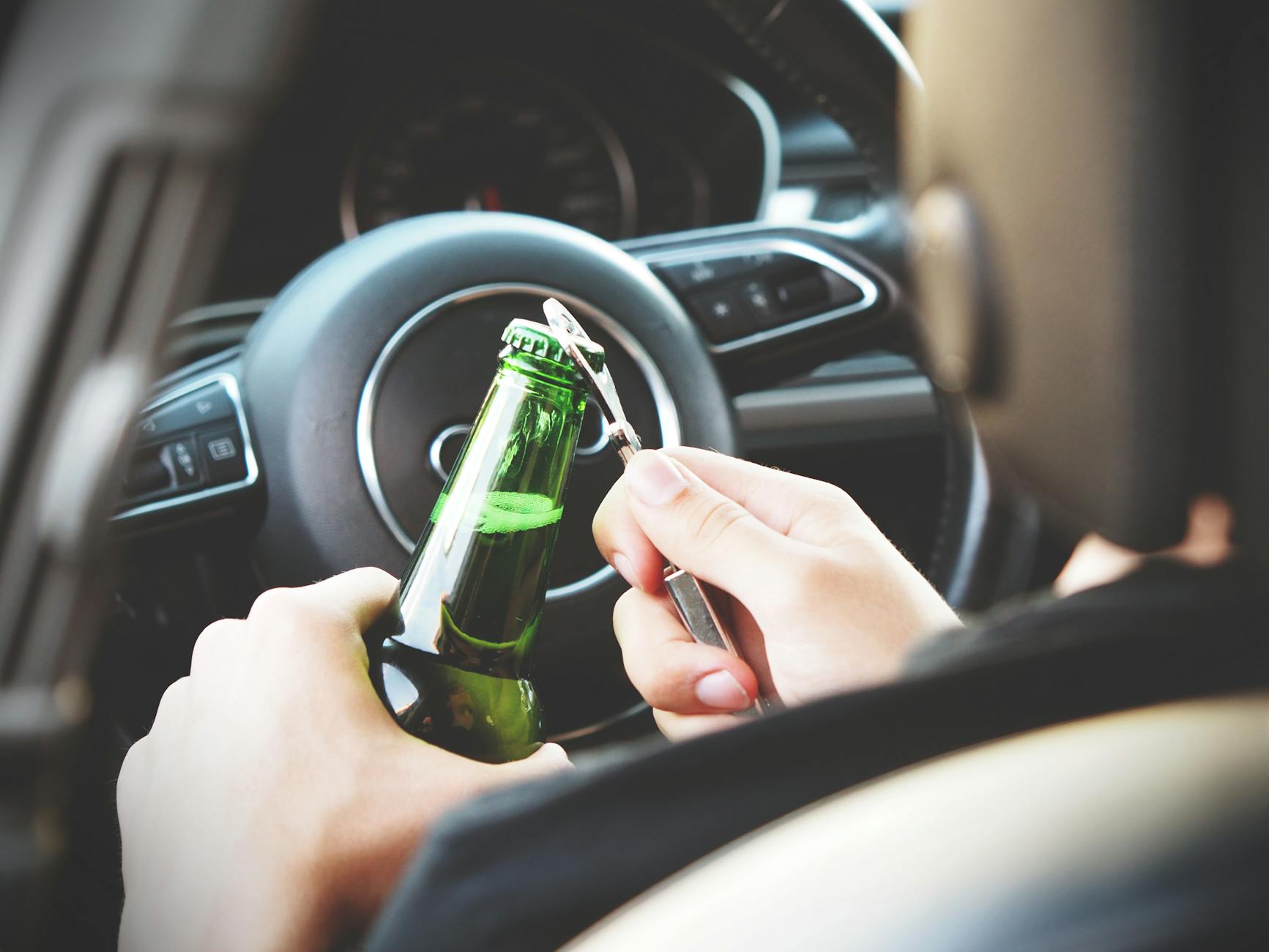Curious about alcohol tolerance? Find out how many beers it takes to get buzzed as shared by Reddit users!

Image courtesy of energepic.com via Pexels
Table of Contents
Have you ever wondered how many beers it takes to get drunk? It’s a common question, but the answer is not as straightforward as you might think. The number of beers that can lead to intoxication varies from person to person, depending on factors such as metabolism, tolerance levels, and other individual differences.
Alcohol Metabolism and Tolerance Levels
alcohol metabolism is a complex process that occurs in the liver. When you consume alcohol, enzymes in the liver break it down into acetaldehyde and then into acetic acid, which is eventually excreted from the body. The rate at which this process occurs can vary based on genetics, weight, age, and other factors.
Individual tolerance levels also play a significant role in how many beers it takes for someone to get drunk. Tolerance is the body’s ability to adapt to the effects of alcohol over time. Some people may have a higher tolerance due to regular alcohol consumption, while others may be more sensitive to its effects.
For example, a person who drinks beer regularly may need to consume more beers to feel intoxicated compared to someone who rarely drinks. It’s important to note that tolerance levels can change over time, so it’s crucial to be mindful of your alcohol consumption.
Factors Influencing Intoxication
Several factors can influence how quickly someone gets drunk after consuming alcohol. body weight is a significant factor, as alcohol is distributed in the body based on the amount of water present. The more water you have in your body, the more diluted the alcohol will be, leading to a slower intoxication process.
Gender also plays a role in how alcohol is metabolized. Women tend to have a higher blood alcohol concentration after consuming the same amount of alcohol as men of the same weight. This is due to differences in body composition, metabolism, and enzyme activity.
Age is another factor that can impact how many beers it takes to get drunk. As we age, our metabolism slows down, making it harder for the body to process alcohol efficiently. This can lead to a faster buildup of alcohol in the bloodstream and increase intoxication levels.
Other factors, such as food consumption and mixing alcohol with other substances, can also influence intoxication levels. Eating a meal before drinking can help slow down the absorption of alcohol into the bloodstream, while mixing alcohol with medications or energy drinks can have unpredictable effects on intoxication.
Conclusion
When it comes to how many beers it takes to get drunk, there is no one-size-fits-all answer. The number of beers that can lead to intoxication varies based on individual differences, tolerance levels, and various influencing factors. It’s important to drink responsibly, know your limits, and be mindful of how alcohol affects your body.
If you find yourself questioning how many beers it takes for you to get drunk, it’s essential to listen to your body and make informed decisions about your alcohol consumption. Remember, alcohol affects everyone differently, so it’s essential to prioritize your health and well-being when enjoying a drink.
By understanding the science behind alcohol metabolism, tolerance levels, and other influencing factors, you can make informed choices about how many beers it takes for you to get drunk. Drink responsibly, know your limits, and prioritize your safety when consuming alcohol.
FAQ
How many beers does it usually take to get buzzed?
Answer 1: The number of beers needed to feel buzzed can vary based on factors like metabolism, tolerance, weight, and gender. It’s generally recommended to pace your drinking and stay within moderate consumption limits.
Does food consumption affect how quickly you get drunk?
Answer 2: Eating before drinking can slow down alcohol absorption, potentially delaying the onset of intoxication. It’s advisable to have a meal before or during alcohol consumption to moderate the effects.
How does gender impact alcohol metabolism?
Answer 3: Women tend to have higher blood alcohol concentrations than men of the same weight after consuming alcohol. This is due to differences in body composition, metabolism, and enzyme activity.
Can mixing alcohol with other substances affect intoxication levels?
Answer 4: Mixing alcohol with medications or energy drinks can lead to unpredictable effects on intoxication levels. It’s crucial to be cautious when combining alcohol with other substances to avoid adverse reactions or heightened intoxication.
Generated by Texta.ai Blog Automation
Leave a Reply